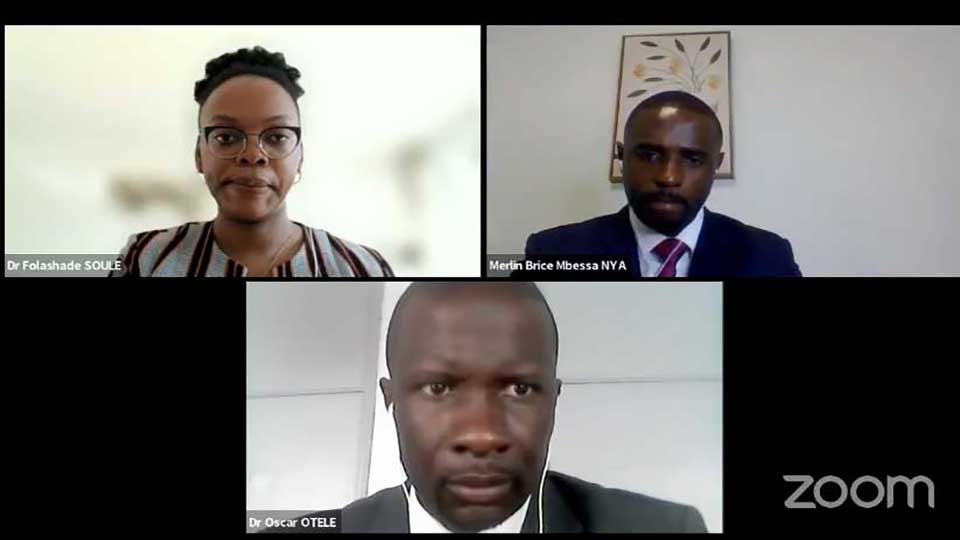In the first of a three-webinar series, the Le Collectif pour le Renouveau Africain (CORA) brought together a group of leading African analysts and scholars to discuss local agency in Africa-China negotiations. The panelists and discussants analyzed the extent of agency exercised by local actors in Chinese-funded infrastructure and mining projects in Africa. Dr. Folashade Soule, senior research associate at the Global Economic Governance programme (Blavatnik School of Government, University of Oxford), was joined by Dr. Hervé Lado, an economist on political economy, Merlin Brice Mbessa Nya, a doctoral student at the University of Yaounde in Cameroon and Dr. Oscar Otele, senior lecturer at the University of Nairobi in Kenya.
Otele highlighted that Chinese infrastructural projects in Kenya led to anticipation and excitement among local populations due to expectations of jobs and other related opportunities. However, he stressed that there is a need for all loan contracts of major infrastructural projects to be publicly disclosed and included in a publicly accessible database.









